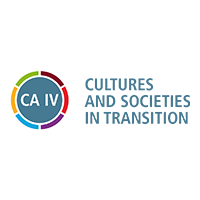“Authenthicating Religious Leadership in Divided Public Spheres”
24.-25.10.2014
Venue: Neues Seminargebäude, R004
The workshop brought into conversation philosophers who reflect on how to deal with religious diversity and conflict in nation-state politics with historians and anthropologists who analyze instances of religious pluralism and conflict, notably of those that emerged around the authorization of religious leadership. We took it that these historical and anthropological accounts challenge or complicate prevalent normative arguments, such as Habermas's and Casanova's argument about an easy reconciliation of religion and politics. But we also contended that historical and anthropological debate needs to move out of its current deadlock of demonstrating the ways in which secular states have made room for religion and religious difference, and hence intervened into inter-religious struggles over religious authority. Instead, we need an empirically grounded, systematic exploration of the forces conducive to religious toleration and an 'overlapping consensus' in state politics, past and present. The workshop combined three formats. Several keynote lectures delineated the main lines of philosophical debate about how to deal with religious plurality and conflicting worldviews in modern politics. Secondly, two panels considered these arguments in the light of historical - colonial and postcolonial – religious dynamics in Mali, by explicitly addressing the transnational nature of these dynamics. The third part of the workshop consisted of a roundtable discussion during which we explored what conceptual, theoretical and empirical perspectives will move forward the current debate on religious conflict and contested religious authority in colonial and postcolonial state politics.
